College Football Union a Step In the Right Direction
The gymnasium of Northwestern University
March 28, 2014
The most important news in the world of college football on Wednesday didn’t come from one of the many spring training camps opening at schools around the nation but from a downtown Chicago courtroom. That was where Peter Sung Ohr of the National Labor Relations Board ruled that Northwestern University Football players are entitled to unionize. The ruling is a major shakeup in the realm of college athletics as student athletes have long been viewed as amateurs in the eyes of the law and thus been denied collective bargaining rights with the schools for which they compete.
The ruling has been met with mixed reactions with many critics believing that the deal is worse for the players because as employees they could be subject to the scholarships being taxed as income. Similarly the NCAA and its PR machine will try to spin this move by the players as an attempt to get extra compensation for their services. However this completely ignores the Union’s objective. Former Northwestern QB Kain Colter, who was the lead player representative during the legal proceedings, told ESPN, “We’re already paid to play our sport. We are paid in the form of scholarships. But you can’t say that playing football 40-50 hours per week is going to help your academic experience.”
Colter’s comments hit at the often overlooked aspect of the NCAA amateurism debate, the fact that the schools are woefully failing in maintaining academic standards for their student athletes. If universities are serious about increasing graduation rates for Division I football, which currently languishes around 50 percent according to ESPN, then they have to allow the student athletes more flexibility as far as practice hours and course selection goes. While there are certainly institutions that have their student athletes’ best interests at heart, the only way to check against the schools that don’t is by giving students the leverage to bargain for more appropriate football schedules that best suit their education.
In this case the college football players are getting a raw deal at both ends of the spectrum. They are the main attractions of a multibillion dollar industry and don’t receive compensation beyond scholarships and are being shortchanged of the education they are supposed to be receiving in return by micromanaging athletic departments who make it difficult for them to maintain reasonable academic schedules.
The other issue worth noting here is that the ruling comes at a time in which many studies have revealed the dangerous long term effects of concussions in football. Given the inherent dangers of football, allowing the players, the ones actually risking their health, to negotiate for new safety standards can only benefit the long term health and stability of the players, which should be every University’s intent.
The NCAA will obviously fight the ruling tooth and nail: college football is by far its biggest profit generator and they won’t risk losing billions in revenue over potential lockouts and strikes. However the NCAA can find advantages with unions too. Players forgoing their senior years is at an all-time high mostly because the students are so beat up after playing three years of college ball that they feel they have to capitalize on their value in the NFL before their health deteriorates. So if the NCAA wants to keep its best players for longer, as well as increase graduation rates, then they should embrace unions that can bargain for safety measures and provide security for players to stay at school long enough to complete their degrees.
Many will say that no one forces students to play college football, but the reality is that football is the only way for some players to get a college education so giving them the legal means to protect themselves from the NCAA’s antiquated laws is only appropriate.
College player unions will in no way solve all the problems that student athletes face, nor will it clean up the NCAA entirely but it is certainly a step in the right direction for the long term security of both the players and the schools.

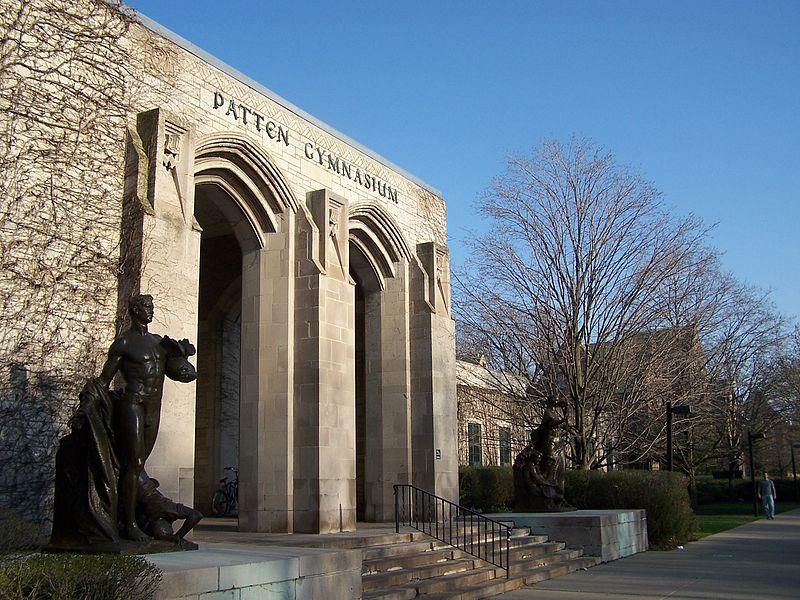

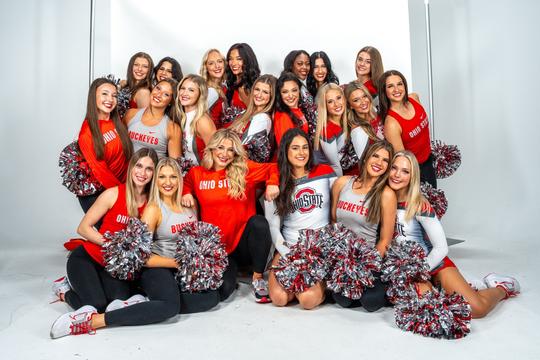


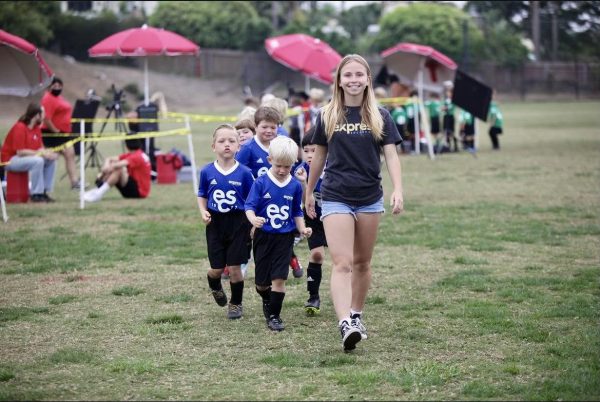
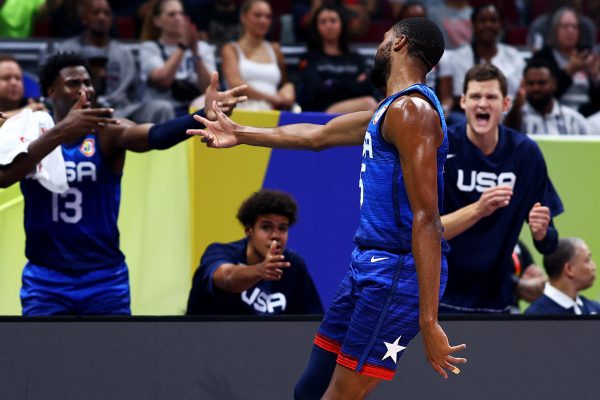
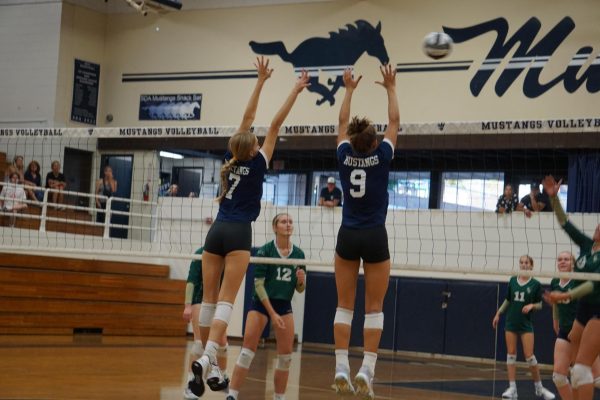
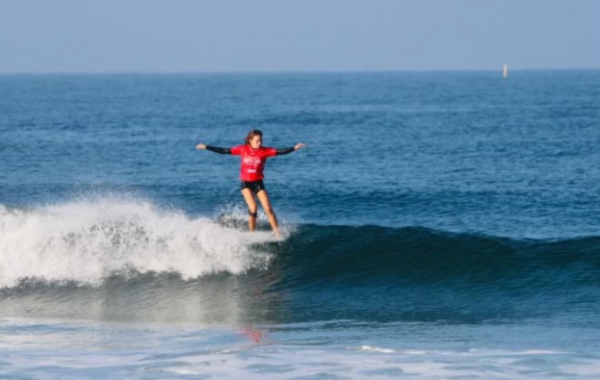
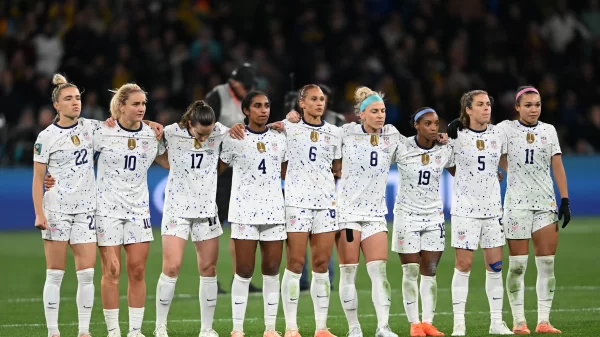
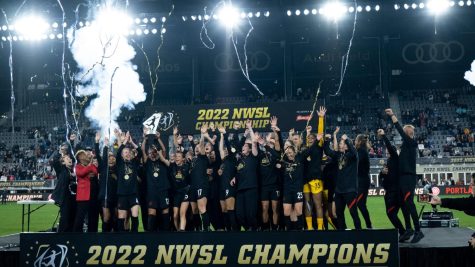
Harry Lewis • Mar 28, 2014 at 5:14 pm
Insightful article.